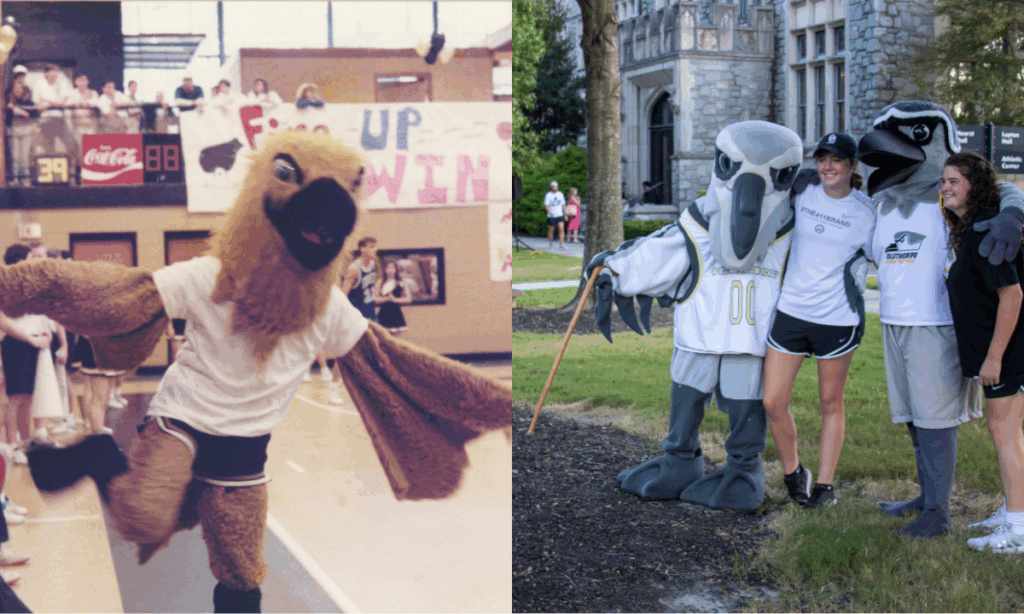From LinkedIn:
By John Kieser, Executive Vice President and Provost at New World Symphony
First, let me state that the following is probably true for anybody in the classical performing arts but my area of expertise is music. I am a product of Conservatory and University music training which occupied 15 years of my youth and following that, 35 years of classical music administration.
- Discipline — Think about spending between 4 and 8 hours a day, by yourself, practicing when all your non-musician friends are hanging out and having fun. And that is just part of the story. All that practicing leads to a discipline of how one’s mind works, how your body moves and provides the confidence needed when performing in front of others. How much time does someone spend practicing a pitch? A classical musician can spend up to 1000 hours preparing for a performance. And that is a portable skill to anything they will do in life.
- Creativity — I will let someone else speak on this as I could go on forever on how I have seen music unlock creativity. Parag Chordia, director of the Music Intelligence Lab at Georgia Tech, stated in an NSF bulletin with respect to one area of science: “To be a great engineer; to really produce innovative products and to advance the frontiers of science, you have to be creative. And it’s not just that music is a diversion or an extracurricular, but it’s actually something that’s fundamental to life and mind,” and “Creativity lies at the heart of the modern economy.” What Parag put forth for engineering is true for any other field.
- Strategic Thinking — Being a classical musician is all about goals, strategies to achieve those goals, resource usage (time, money and energy), planning, and time management. And these are long term events — it takes years to develop as a classical musician.
- Real Time Problem Solving — Playing an instrument requires incredibly fast thinking. Reading those hieroglyphics we call notes and translating them into positions and expressions on a instrument, or in one’s voice, are problems to be solved. This is an activity akin to what processors do in gaming.
- Perserverance — See the note above about practicing but let me add that practicing can be incredibly frustrating when things are not going the way one wants, which is typical. The ability to push through those moments towards a goal is extremely valuable in an employee.
- Tenacity — This is about perseverance over a long period of time. Many classical musicians start training well before the age of ten and mature in their twenties. The ability to stick to something that has so many curves and bumps is one that is essential in today’s challenging work environment.
- Endurance — Classical musicians have long days. Practicing, rehearsals, teaching, commuting to one’s workplace several times a day (rehearsals and concerts rarely happen sequentially) adds up to something far beyond an eight hour day — more like a fifteen hour day.
- Happy — Studies have long shown that whether you’re performing it or listening to it, music can increase your happiness, help manage pain, improve focus, etc. — the list goes on. Just Google “does music make you happy” and stand back as your browser is flooded (330,000,000 results for me). These musicians don’t quit music when they go into other professions — they bring it with them.
- Drive — It is all about gaining more, moving upward. One’s drive has to insatiable to make it in this business and is major component of numbers 5, 6 and 7 above. As soon as you lose that, it is crash and burn.
- Passion — To quote Gary Vaynerchuk, “Skills are cheap. Passion is priceless.” Whereas I do not agree with the former given the effort classical musicians have expended in gaining their skills, the latter is true. And it is passion for their music which fuels all of the above which is why I left this, most important reason, for the last. One cannot buy or instill passion in another. These are passionate people and they bring that to everything they do.
A warning — classical musicians have extremely high expectations for themselves and consequently for others in their life (I am married to one so trust me on this). You may not be up to their standards as a boss or co-worker.

![AAEAAQAAAAAAAARGAAAAJDA2N2U1NDhiLWJiNTYtNGU2Ni05NmNiLTQ2ZmZhMzExNTI3ZA[1]](https://oglethorpe.edu/wp-content/uploads/2024/08/AAEAAQAAAAAAAARGAAAAJDA2N2U1NDhiLWJiNTYtNGU2Ni05NmNiLTQ2ZmZhMzExNTI3ZA1.jpg)






